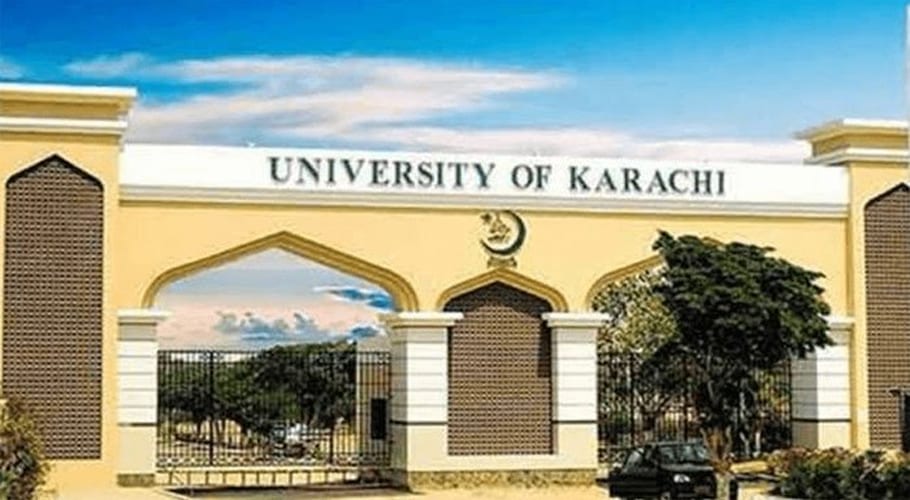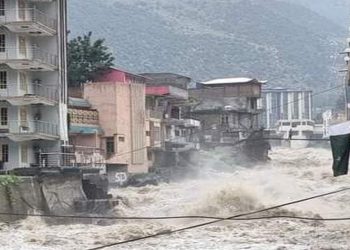KARACHI: The Department of the International Relations University of Karachi in collaboration with Pakistan Center of Excellence (PACE) organized a two-daylong conference on equality diversity and tolerance at Karachi University’s Applied Economics Research Center Auditorium.
The PACE is a project of the Center for Research and Security Studies- an Islamabad-based organization. The first day of the two-day conference started with the address by the Chairman Department of International Relations KU Dr Naeem Ahmed.
He spoke about Pakistan as a multi-ethnic, multi-cultural and multi-religious country, as well as the most pressing issues within the society like religious extremism, radicalization and terrorism.
During the first session, lawyer and a master trainer at PACE Sateah Anoushey Afreedi talked about the importance of debate to impart critical thinking to the youth.
She spoke about the importance of debate and how it shapes our lives. Her focus was on how crucial it is for students to understand how to make convincing arguments while refraining the discussion to turn into an argument. She stressed the importance of thoroughly researched and informed discussions as well.
The Director of the Center for Excellence in Journalism and a renowned journalist, Kamal Siddiqui, enlightened the audience on the ‘role of media in strengthening democracy.
He educated the audience about the history of censorship on the media in Pakistan and how it negatively affects the credibility of media in today’s day and age.
He also discussed how the emergence of social media is not only harmful to newspapers and television but also is the main machinery behind the propaganda. He laid great stress on how the advancement of technology calls for an equal and proportionate advancement in journalism.
The distinguished lawyer and activist, Jibran Nasir, discussed state rights vs individual rights. He highlighted fundamental human rights, the importance of respecting fundamental rights with respect to religious minorities and sects and the violation of the national social contract between the individual and state on a daily basis.
He also spoke about the control a state has on its citizens, quoting the example of the strict atmosphere in UAE. He said even in a democratic country people’s rights were decided before your birth and they are limited and sometimes also violated. Jibran Nasir explained how human rights in Pakistan are not universal and are based on gender and class differences.

































